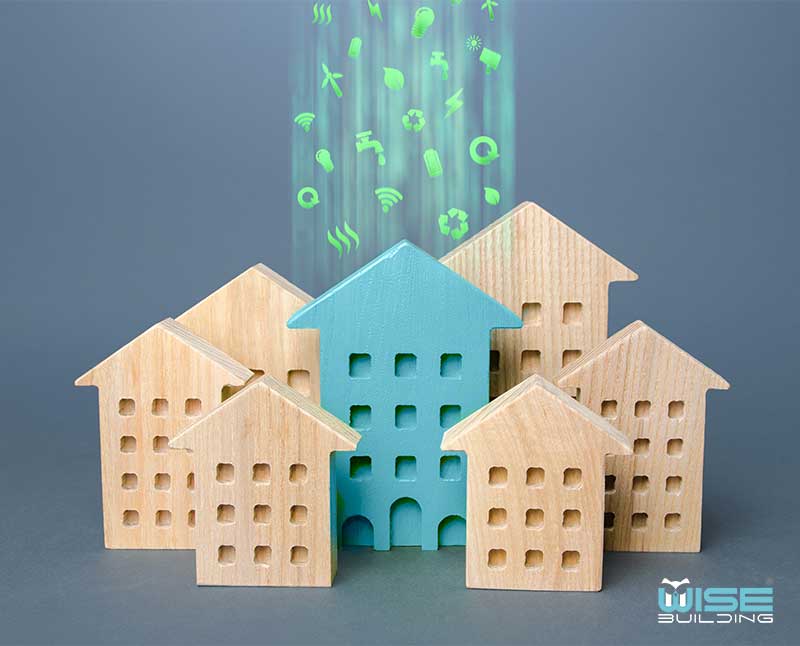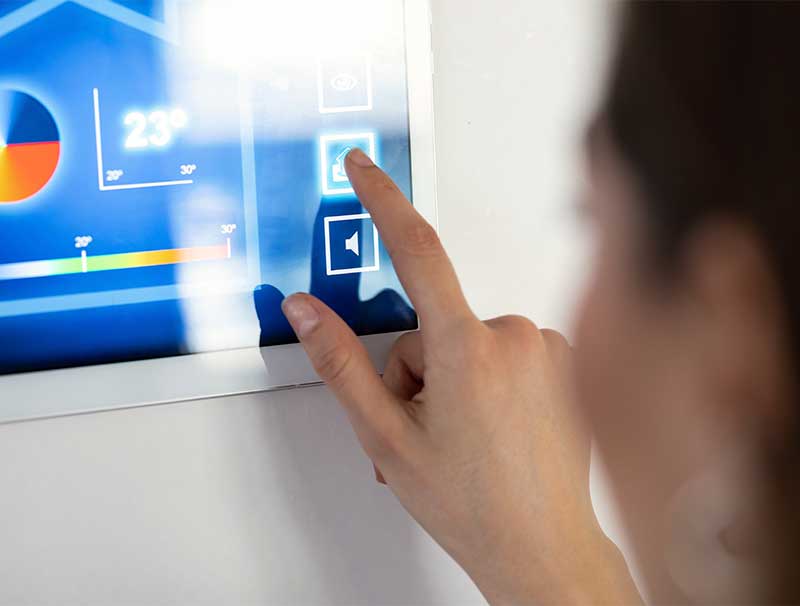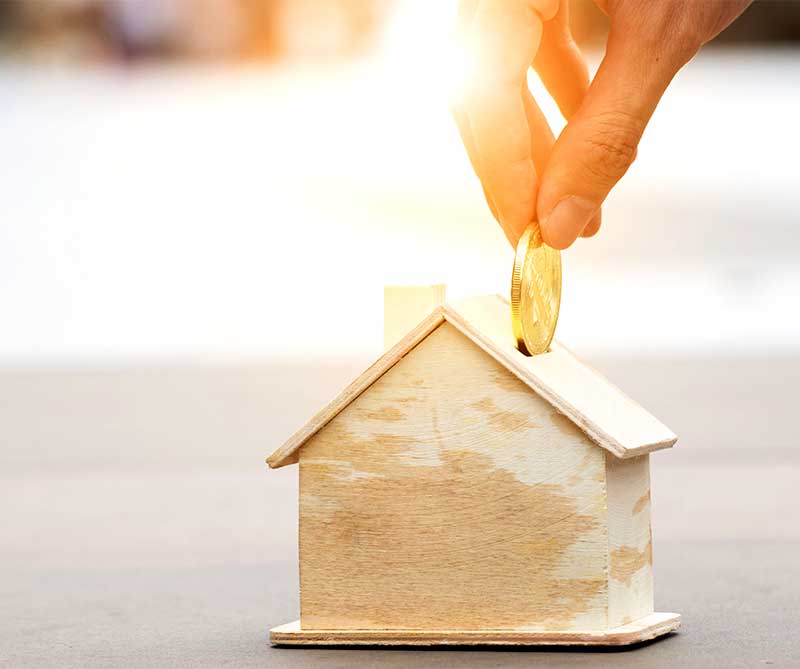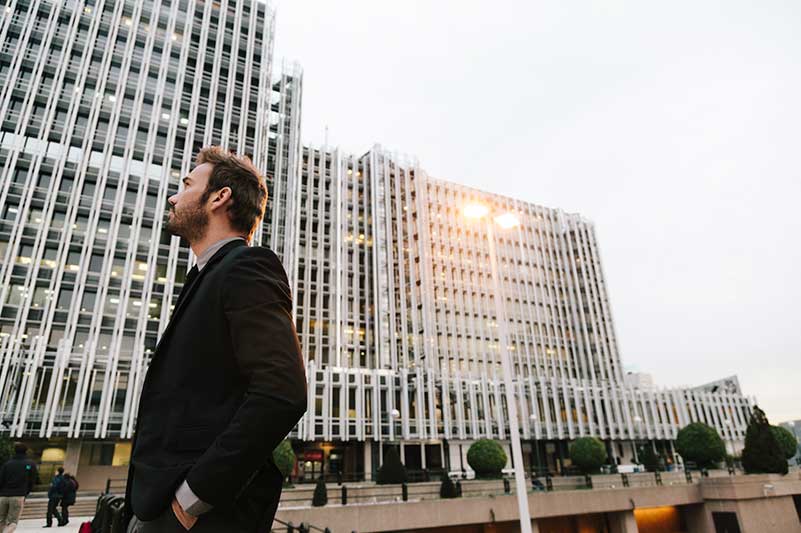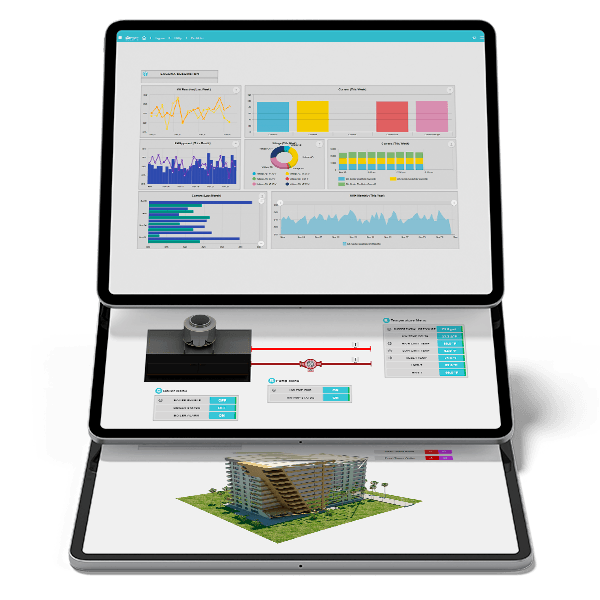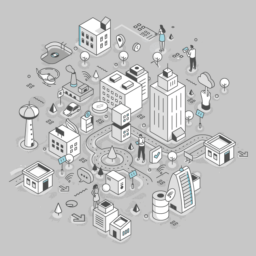Decree 101-D/2020 establishes the requirements applicable to the design and renovation of buildings, with the goal of ensuring and promoting the improvement of their energy performance through the establishment of requirements applicable to their modernization and renovation, and regulates the Energy Certification System for Buildings.
Until December 31, 2025 the installation of automation and control systems becomes mandatory for all commercial and service buildings that have heating systems or cooling systems or combined heating and ventilation systems or combined cooling and ventilation systems with an overall rated output of 290 kW or more.
Failure to comply will result in fines of varying degrees depending on whether the individuals or companies are involved.
As buildings are responsible for 36% of total greenhouse gas emissions and 40% of the European Union’s energy consumption, they have immense potential to contribute to fighting climate change through efficiency gains, simultaneously ensuring the reduction of consumption and emissions while increasing the safety and comfort standards of their users.
As a result, the priority given to energy efficiency as a cornerstone principle of the Clean Energy Package, as well as the national instruments embodied in the Roadmap for Carbon Neutrality by 2050, the National Energy and Climate Plan 2030, and the Long-term Strategy for Building Renovation set ambitious targets for near-zero energy building stock with clear benefits for all.
Given the importance of effective and equitable access to financing mechanisms as incentives to the quick and effective achievement of strategic objectives, it is established that the granting or awarding of financial measures and incentives for the renovation of the buildings covered, with specific focus on improving their energy performance, is processed according to the improvements obtained, or the energy performance of the construction solutions or equipment used, without prejudice to the possibility of using other decision criteria as long as they are transparent and proportionate to the purpose in question:
1 Improvements obtained with the renovation (comparing energy certificates issued before and after the renovation);
2 Energy performance of the equipment used in the renovation.
The technical systems inserted in GES (Large Service and Commerce Buildings) that are in operation must have an updated maintenance plan adapted to the characteristics of the technical systems covered, which includes the maintenance tasks to be performed, as well as, in the case of new or renovated buildings, the premises defined in the project.
The legislation defines that this maintenance plan must be prepared by a qualified technician and must take into account the manufacturers’ instructions, the regulations or standardization applicable to technical systems, maintenance routines and good practices, and ensuring the protection of human health.
The maintenance plan should be submitted by a qualified technician on the SCE Portal, associated with the building in which the technical systems in question are installed, accompanied by the completion of additional information, and is accessible to the owner of the building.
There is still a way to go in this accelerated phase towards decarbonization and energy efficiency and this legislation now establishes the general energy performance requirements, ensuring interoperability, monitoring, control and command functionalities, namely in favor of improving the operational and energy efficiency of the building.
You can check the legislation here:
https://dre.pt/dre/detalhe/decreto-lei/101-d-2020-150570704
WiseBuilding® is qualified to be the ideal partner in this phase of transformation and change. You can read more about our services here:
Building Management System
Energy Management
Wise Building® Management System is a BACnet B-AWS certified software solution for state-of-the-art integration, control, management and visualization in building automation systems. Designed to redefine the way buildings are operated through an open platform and seamless harmonization between building-generated data by supporting multiple protocols including BACnet, Modbus, KNX, OPC-UA and MQTT. Through the use of Haystack technology, the software also empowers the building for the future at the forefront in the integration of the various technical systems.


